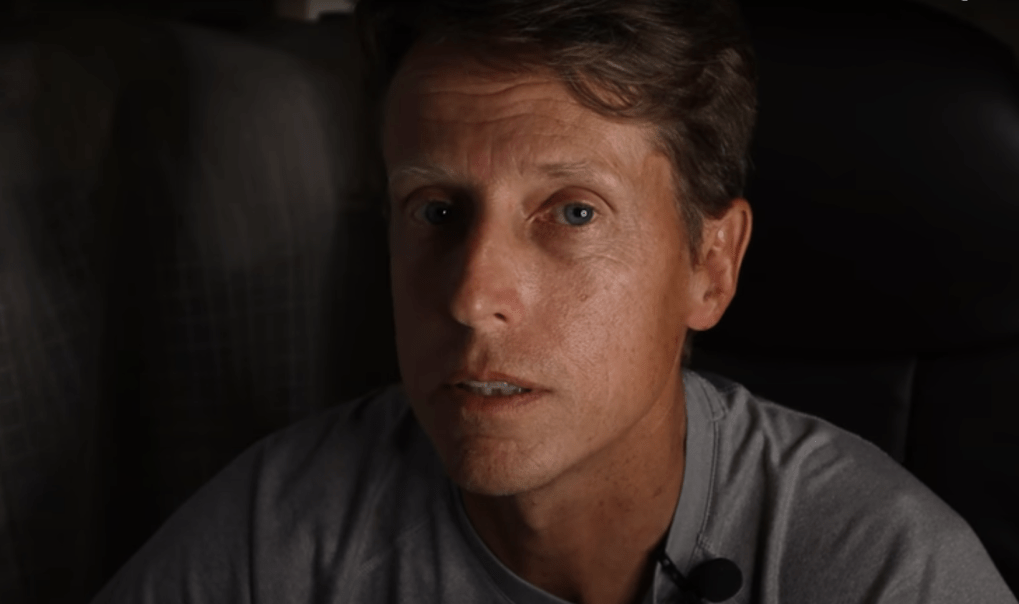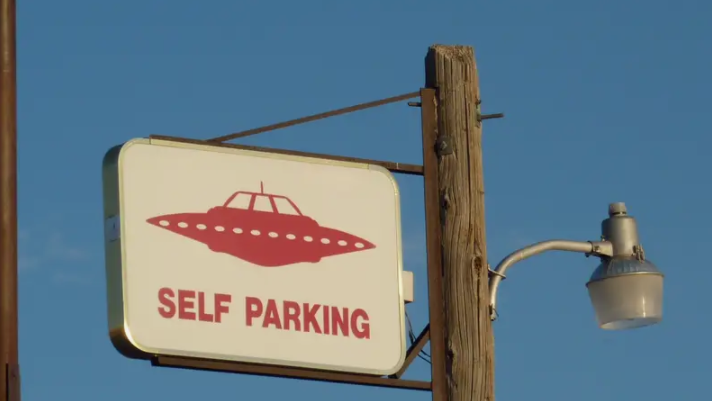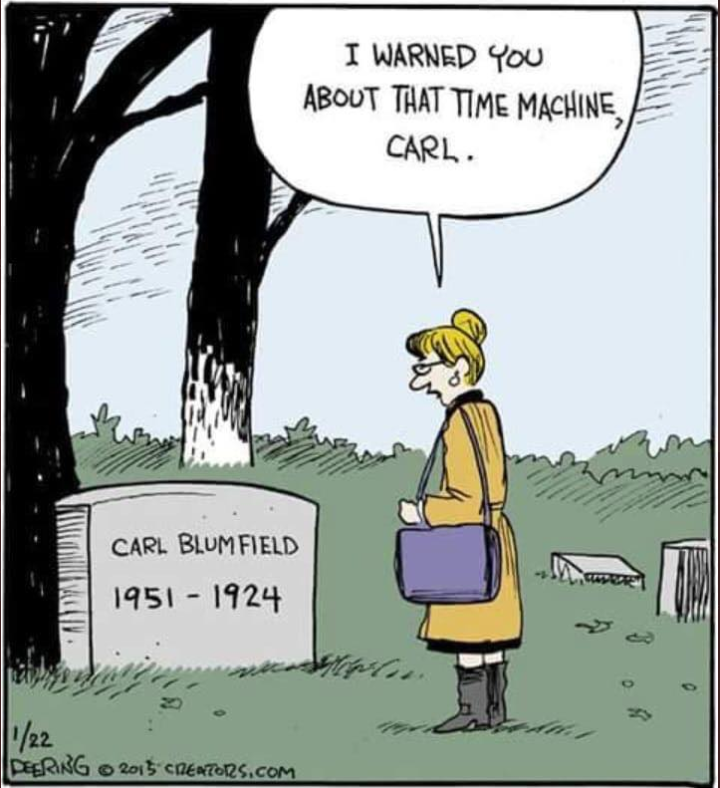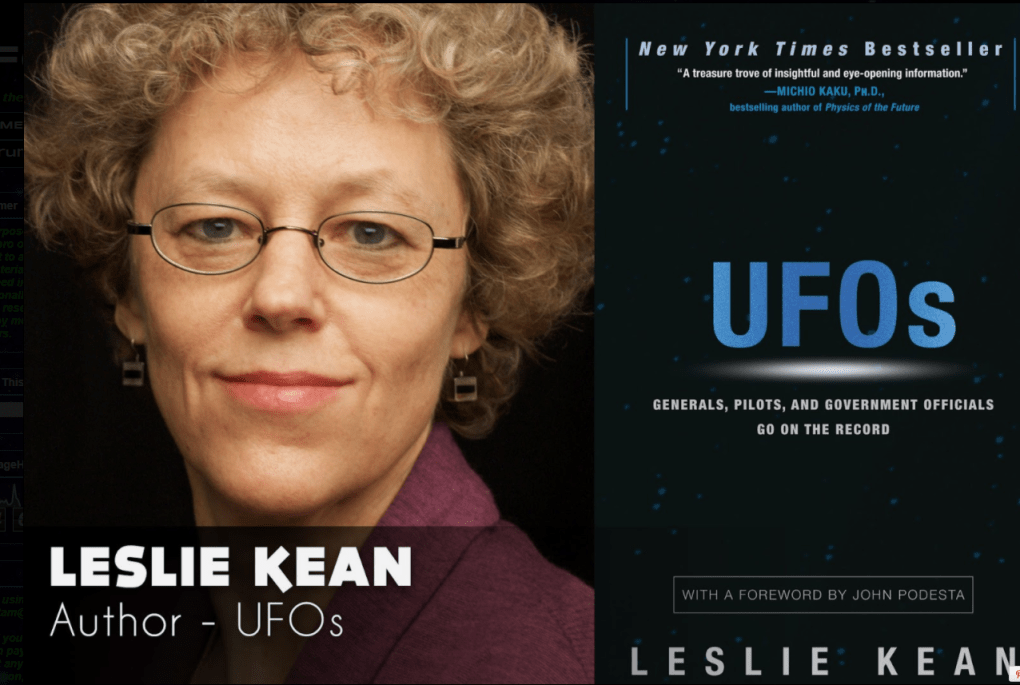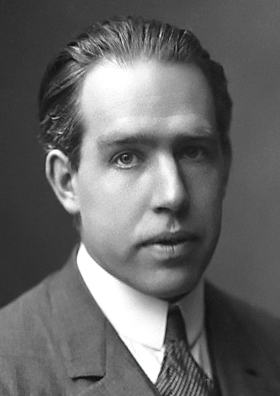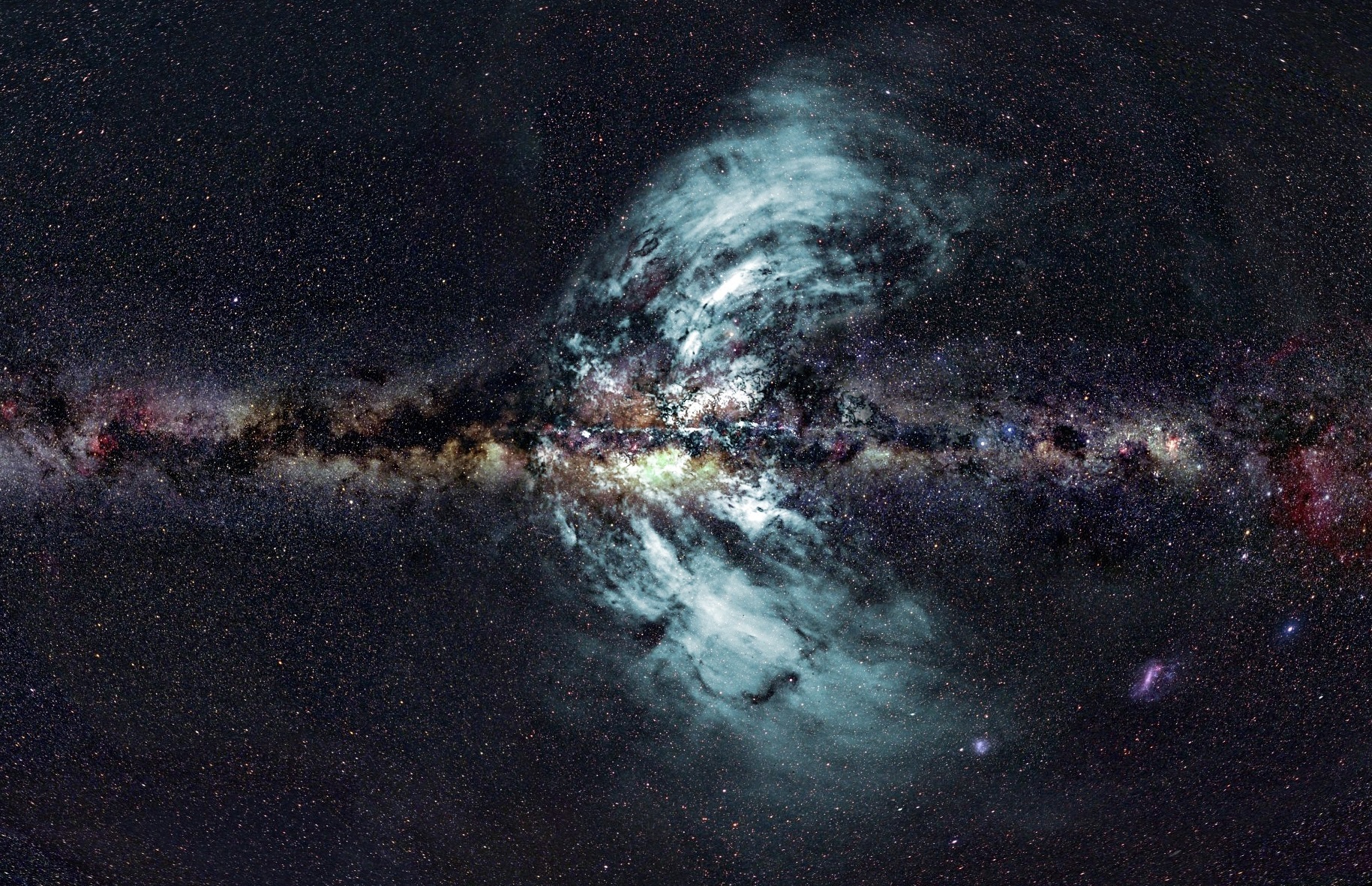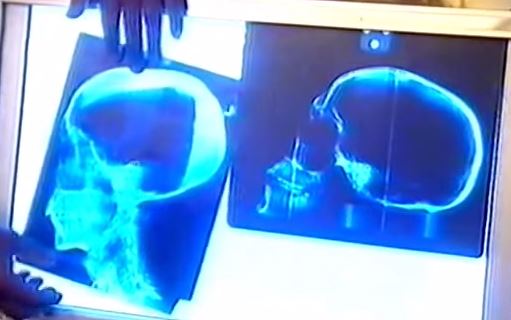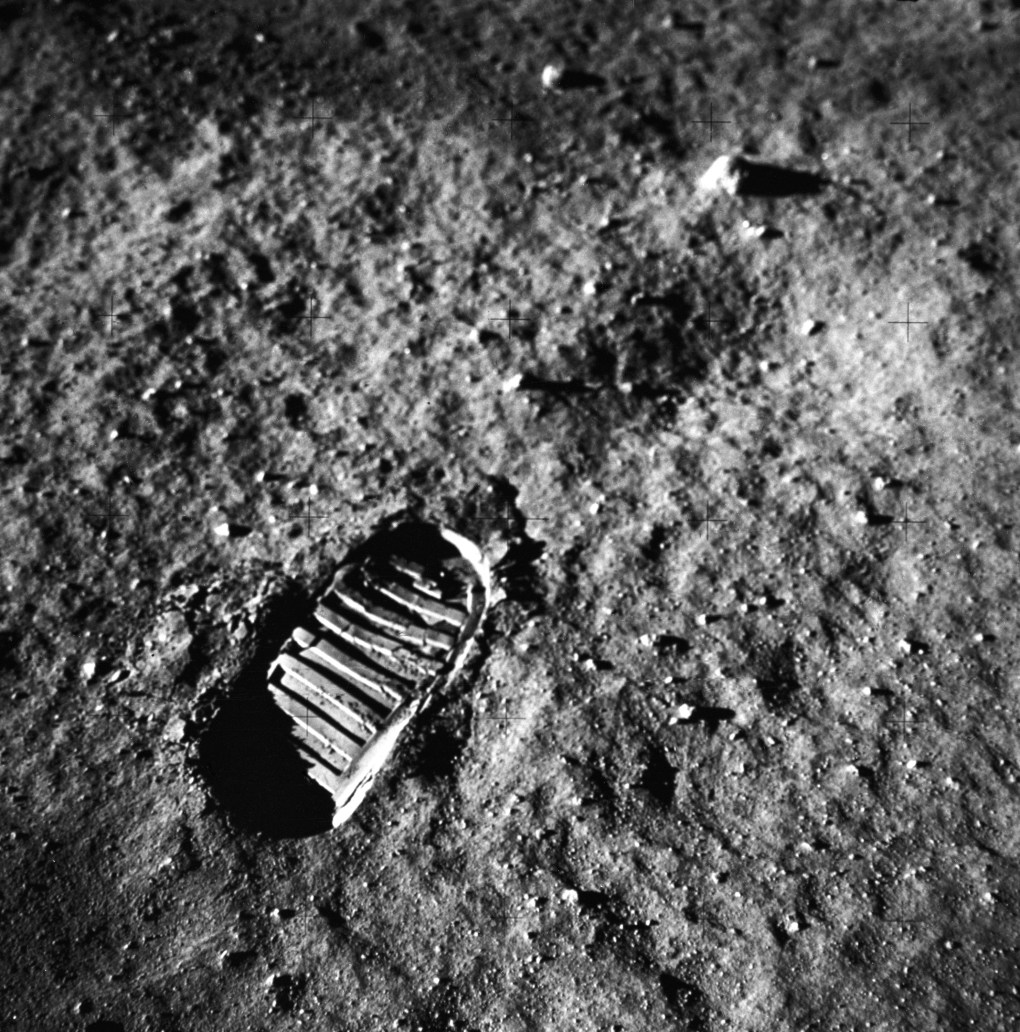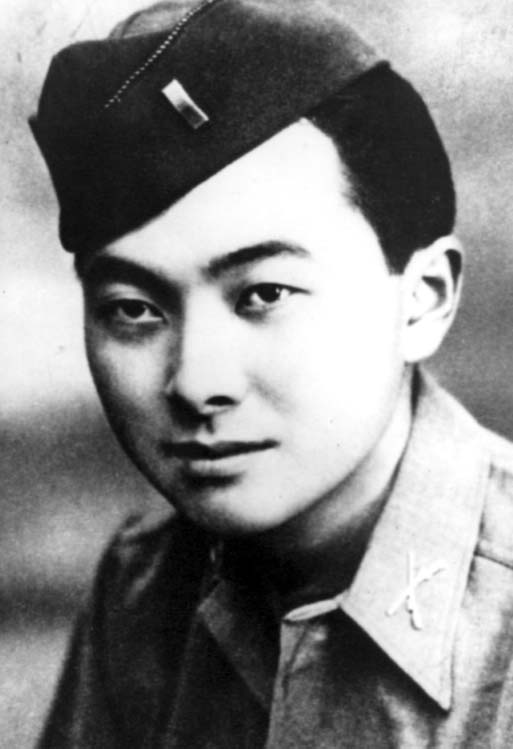In a recent analysis of COVID origins, Dr. Campbell regrets his previous trust in the two most authoritative and prestigious scientific journals on Earth: Nature and Lancet.
You can sense the shame he feels in the video linked here as he first explains the 2020 version of mainstream science and then compares that mess to what has come out now and can no longer be completely blocked by the woke kids at Google’s Ministry of Censorship.
Bottom line: The lack of intermediate COVID-19 viral forms, the lack of multiple independent breakouts of initial viral illness, and several other scientific data points combine to force the conclusion that the Wuhan COVID-19 virus did, despite mainstream denials in the past, truly originate in the Wuhan Lab. There’s no longer room for rational doubt, as best I can tell.
But wait! That’s not what I’m writing to you about.
Yes, John Campbell, PhD believes that the big lesson for him in this ugly fiasco is he needs to learn to think for himself more, rather than always trusting the highest scientific authorities to be honest, transparent, unbiased, and accurate in their peer-reviewed journal articles.
I agree with John, but that’s not why I’m writing. And yes, I suspect that all of us will learn the same lesson eventually, but that’s not my point either.
Nothing is perfect. The failures of mainstream science don’t justify throwing it out and adopting the view that each person’s version of reality will bend to his or her own beliefs, demands and expectations. Sure, your energy will cause people to either like you and treat you favorably or reject you, and this may feel as if the universe bends to your will, but beneath and beyond the huge benefits of being an energetically (“vibrationally”) attractive person, the laws of this universe rarely bend for anyone. Miracles can happen, yes. But they’re rare. Even though, from a scientific and spiritual perspective, I think we live in a universe that should be conceptualized as a quasi-material replica of an underlying truer Reality (a semi-physical simulation), I don’t think our natural laws such as gravity are likely to reverse for me or you if we can just “truly believe.” Genuine miracles (i.e. the suspension of natural laws) are probably just as rare as they seem.
The laws of this replica we call the Universe were derived from intelligently selected cosmic constants that operate in a cause-and-effect framework with rare exceptions. These natural conditions bring outcomes that sometimes seem fair and politically correct but quite often feel unfair and outrageous. As best I can tell, the benevolent Being(s) who designed this place continue to “allow” horrible suffering because we asked for it as part of a learning experience and/or because our collective free will must be allowed to play out in pure cause-and-effect without interference from the designer(s) and code writer(s) living in Reality.
Whatever our spiritual or scientific theories project, the natural scientific rules underlying a disaster here on Earth cannot be changed much by wishful thinking. Therefore, in the future, many lives will depend upon how wisely, honestly, and openly our scientists are allowed to debate the data and “conspiracy theories” surrounding the next global catastrophe whether it turns out to be a nuclear accident, another viral “accident,” a natural weather disaster, a volcanic winter, a rogue AI, or something like the 1859 Carrington Event (solar flare/ storm) that’s thought to be periodic and overdue to hit Earth again while the geomagnetic shield is weak.
Will scientists and politicians pursue the truth however unpleasant or unpopular?
Or will they once again put political ambition above the hunt for valuable truths? Will scientists openly debated and come to a rational consensus or will they shrink into silent compliance with the censorship that modern society and corporate power favored during the COVID fiasco?
We’ll have to wait and see.
But either way, you and I should learn to question mainstream “settled science” in a balanced way that avoids our bivalent human tendency to swing like a pendulum from one extreme to the other…
“Scientists ain’t one iota different from them stinking, lying politicians.”
Sure, we’ve been brutally let down by medicine’s anti-science COVID response of censorship and zero informed consent when administering poorly studied experimental mRNA vaccines. But I doubt anyone reading this feels like some young lover in a break up. Yeah, science has cheated on us and must now gradually admit it despite the silence of the mainstream media. (See the 2020 text messages from key scientists, released under the Freedom of Information Act as detailed in Dr. Campbell’s video.)
But this is not a breakup with science. We’re adults, most of us. Even some of us Crybaby Boomers are growing up a little, I want to think. We’re learning to wrestle with our own biases and sacred-cow fundamentalisms both scientific and spiritual. We’re learning to see the U-shaped curve of political truth within this simulation: The extremes on both sides are valuable for perspective but toxic to human life without the voices of the opposite toxic extreme for balance. Both extremes are needed to find non-toxic conclusions, rules and behaviors. This is why Democrats and Republicans need each other desperately. This is why the anti-spiritual “scientific” materialists and all of us spiritual people on Earth need each other desperately. Left alone to dominate, we’re all toxic to human life, even though most of us are convinced that we have the corner on THE truth.
And let’s just admit it, humans require an unquestionable (if untestable) worldview of some sort. It’s in our nature.
For 2/3’s of scientists, it’s the anti-spiritual foundation of “scientific” materialism: a mindless universe.
For spiritual people, it’s usually a rejection of materialism that’s replaced by a worldview that allows something or Someone somewhere to be literally composed of something other than (or in addition to) mindless, meaningless matter and energy.
Spiritual worldviews tend to boil down to this: “consciousness is fundamental, not matter and energy” or “our universe is a simulation of an actual Reality” or “God transcends time and space but remains in personal contact with us.” My own spiritual fundamentalism encompasses all of these theories, and like you, I feel confident I’m right.
But the fact remains that, like you, I’m often wrong about important things. Can we both admit it?
At the worldview level we’re all pretty much doomed to being fundamentalists whether we’re “scientific” materialists or some version of spiritual or religious folk.
Rarely someone with a materialist worldview will switch sides, perhaps after a near-death experience or after seeing the solar system from space. (I’m thinking of the astronaut and scientist, Edgar Mitchell, PhD).
But whatever side we’re currently on, we tend to remain there. And virtually no one is a lifelong worldview fence-sitter. We decide if the Cosmos is spiritual or non-spiritual, then we dig in to that position and hang on like ticks on a dog.
This truth about human nature limits us as scientists because the ideal scientist would be someone who is always ready, willing and able to follow the data wherever it leads and report it with transparency even when it contradicts a “known” scientific, political, or spiritually established “fact.”
Since we’re all hampered by this biased human nature we share, we should each strive to avoid dogmatism and superficial rejection of new ideas and outlying data points. We should avoid blocking or silencing “pseudoscientists” or non-scientists or scientists working outside of their own specialties. When these people claim to have shocking new data and opinions that look like conspiracy theories and fabrications, we should pride ourselves in listening carefully to them with open-minded hope rather than ego-driven, angry, rude skepticism. Only after listening and weighing things thoroughly should we allow ourselves to make an initial tentative judgement against a new or unpopular scientific idea.
And we must base our judgments on careful analysis of the details, and express those details in written arguments rather than following the anti-scientific modern movement of attacking the individual with angry negative references to his or her educational background, sanity, political stance, or other forms of lazy, unscientific, and scientifically irrelevant political tactics that avoid substantive debate.
Total rejection of new ideas within five to ten minutes of hearing them is a pretty good sign that you’re acting as an enemy of science, not a friend. This is true for materialist scientists as well as for spiritual people, including the minority of scientists with spiritual worldviews because…
Breakthroughs routinely come from fresh minds thinking about unexpected outlying data points, and from brilliant rogues who cross the boundaries of specialization to find an unexpected, disturbing synthesis. Established authorities tend to reject everything these box-free thinkers put in front of them (in less than five minutes because they “can tell” at a glance it’s all rubbish).
An ideal scientist would welcome anything that doesn’t fit his or her “known” truths. The history of science makes this clear.
The same holds true, in my humble and yet infallible opinion, for spiritual people who place actual truth above their desire to corner “the truth” as revealed in the sacred literature of their culture. Christians like me, for example, would do well to absorb a broad and conflicting array of near-death experiences, asking ourselves why God would provide humanity with these life-changing, usually love-filled experiences where the worldview details of religion are usually specific to the person’s religious culture.
And there seems to be no “evolutionary advantage” to having a near-death experience. Instead, the NDE speaks to us of the benevolence of the Being(s) beyond who must have been motivated to give each individual a tailor-made “exit protocol” from this simulated life and into the next life.
Just as all humans, including scientists, are fundamentalists at the worldview level, all humanity are scientists at the worldview level in the sense that we all want the ultimate truth, especially if it agrees with what we already think we know to be true.
So here’s my point:
Spiritual and/or religious people would do well to emulate Dr. Campbell in his crisis of (scientific) faith and trust. For most scientists, their “Bible” (or “Koran” or “Mahabharata” or “Book of Mormon,” etc.) is the collective peer-reviewed scientific literature. That’s the “word of God” to scientists. When this Literature proved to be dangerously inaccurate on an important issue, Dr. Campbell didn’t throw all scientific literature out the window and become anti-science, he simply became more determined to think for himself and grow beyond his (now embarrassingly naive) total trust of scientific authorities.
As spiritual/ religious people, there will come a time when our sacred literature will prove to be grossly inaccurate about something important to us. It will be something that disrupts our smug worldviews.
For example, the existence of non-human, non-angelic, non-demonic, non-jinn beings with various motivations, some benevolent, some not, will almost certainly become obvious and undeniable to us all eventually. If you don’t already suspect that these beings are here now, then try to imagine it becoming undeniably real for you next Friday afternoon. For many, especially for those of us who are Christians, this new data point about the Universe will contradict what we’ve learned (at the worldview level) from our sacred scriptures. For example, “Be it known unto you all, and to all the people of Israel, that by the name of Jesus Christ of Nazareth, whom ye crucified, whom God raised from the dead, even by him doth this man stand here before you whole. This is the stone which was set at nought of you builders, which is become the head of the corner. Neither is there salvation in any other: for there is none other name under heaven given among men, whereby we must be saved.”
If and when people from another planet come here with the recorded histories of thousands, perhaps billions of other planets, each with a history going back for millions if not billions of years, and yet none of them has ever heard the story or the name of Jesus of Nazareth, what then?
The logical, scientific, and truly spiritual thing to do will be to follow John Campbell’s example and strive to think more for ourselves while becoming less naively trusting of Earth’s top church authorities and their claims to the one and only infallible, inerrant scripture, applicable throughout the universe.
Our bivalent human tendency for simple heuristic thinking will try to kick in and cause us to reject the Bible entirely and become some new form of “scientific” materialist living in a universe without personhood at its foundation.
An example of this happening now is the likeable and courageous Paul Wallis, a former mainstream Christian Church pastor and expert in ancient Biblical languages who has followed truth no matter where it might lead.
Rather than avoiding or denying the problems he had discovered over the years in the translation of key Biblical words like “Elohim” in the Old Testament (OT), he pursued the truth and uncovered the apparent re-writing of the Old Testament in ancient times (about 600 BC).
In short, he became convinced that the Old Testament was rewritten from older documents about Extraterrestrials visiting Earth to the monotheistic narrative we have today.
Personally, I like this idea because it solves problems I’ve had for decades about some of the violence ascribed to the OT “God” who supposedly ordered Israel to attack neighboring cities and kill all their people.
For me, the New Testament Jesus gives a largely opposite and much more accurate view of God’s character and personality than the OT. Now I have a logical explanation. No problem.
But for Mr. Wallis, the shock of his discovery has taken him from a non-materialist worldview in which the universe was created by a Being who is a Divine Person to the opposite pole of “scientific” materialism in which the universe was “created” by a zero-point field or “Source” that’s without personhood.
Remarkably, while making this shift, he has maintained much of the language and feel of a spiritual worldview.
I’m still supporting Paul with my small donations, even though I disagree with the direction he’s heading in his view of God, which, as best I can tell, is a non-being sort of energy field with no personality, no power of choice, no wants or desires, and no ability to hear anyone’s prayers.
To me, the core of the spiritual journey is talking to a Supreme Being who hears what I’m saying, understands my language, and cares about me personally. I’m not worried about the question of miracles or whether our free will causes God to limit his actions within the Universe. And I don’t need God to be Santa Claus, to have a gender, or to be one, two, or three Divine Persons.
All I need is a Personal Supreme Being(s) who’s overflowing with love and trustworthiness.
But I continue to listen to people who want a non-being in charge of a meaningless universe because the broader my perspective becomes, the more likely I’ll derive an accurate worldview. (Assuming truth actually does come to us in a U-shaped dose-response curve. I’m betting it does.)
…
Worldview love,
Morrill Talmage Moorehead, MD





